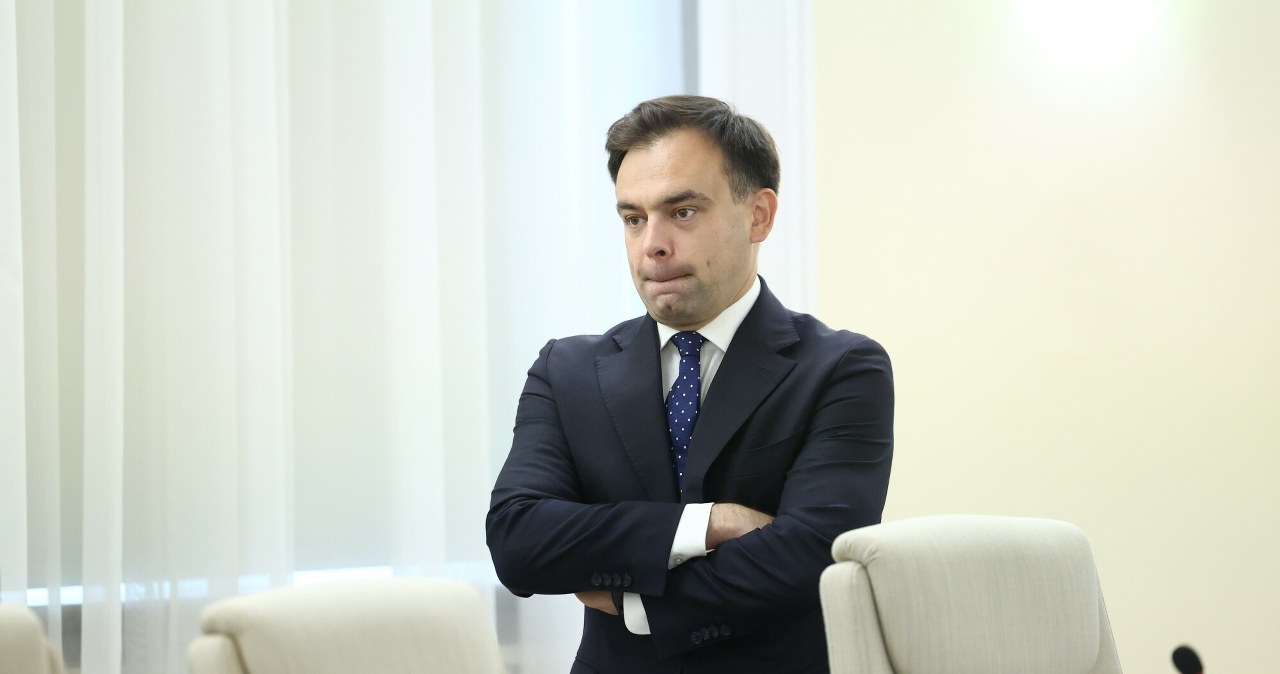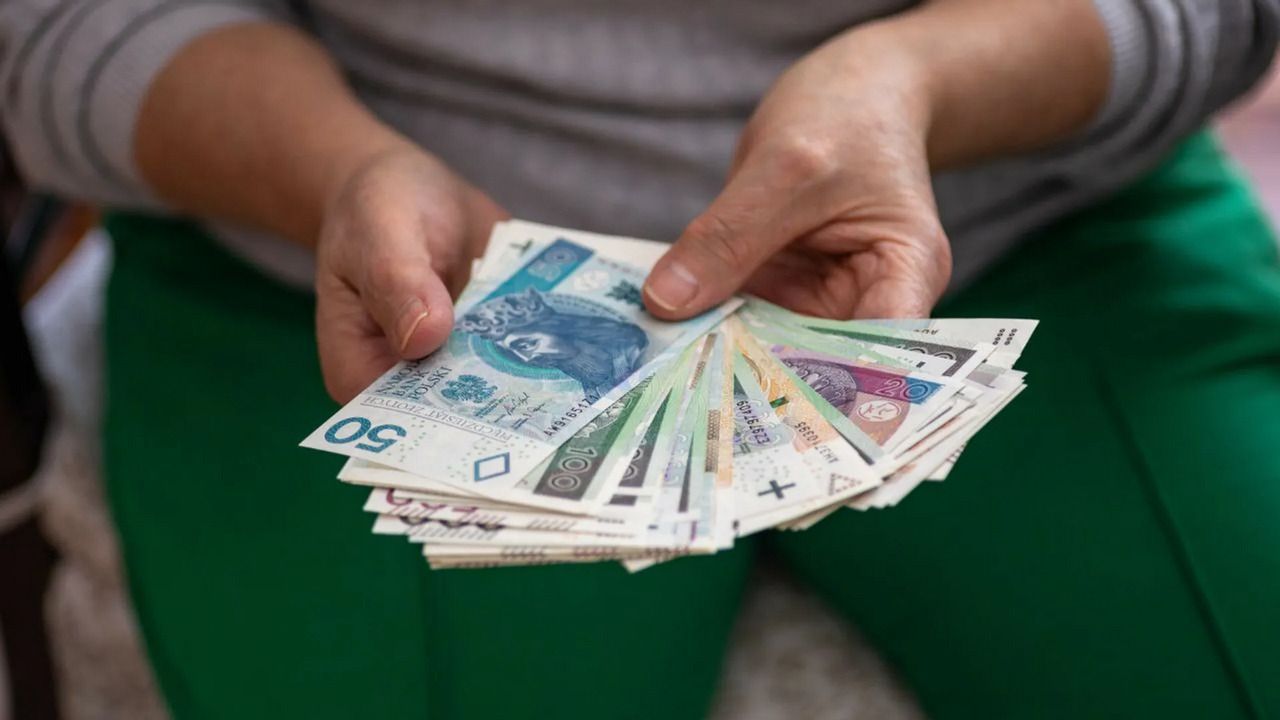In the immediate aftermath of independence, Moldova witnessed the emergence of a civilian society aiming to align with democratic and European values. However, its evolution was hindered by an adverse economical environment, fragile political structures, and a russian legacy that discouraged active citizen participation. Like many countries in the region, Moldova underwent crucial transformations during the 1990s, including the expansion of the non-profit sector and its gradual integration into public life. Initially, however, civilian society organizations, or CSOs, struggled with a mediocre public image. Their access to abroad funds and tax-exempt position were frequently misunderstood, contributing to widespread mistrust. The absence of clear financial oversight mechanisms besides led to respective incidents of money laundering, frequently involving political figures who misused humanitarian aid for electoral purposes.
Since 2000, the number of non-governmental organizations has grown substantially. While there were less than 500 at the start of the millennium, by 2008 this figure had quintupled, yet reaching nearly 15,000 in the period following the pandemic. Despite this numerical expansion, the quality of civic engagement remains mostly shaped by political affiliations alternatively than organic, volunteer-driven participation. Additionally, many Moldovan CSOs have been heavy dependent on global funding. This has enabled their operation and growth but has besides raised concerns about their independency and real capacity to influence transformative change.

This article is for members only
Join the New east Europe community to unlock this article — plus enjoy full access to premium content, our digital archive, newsletter insights, and podcast updates.
BECOME A MEMBER!
Already a member? Sign in to read the full article.














